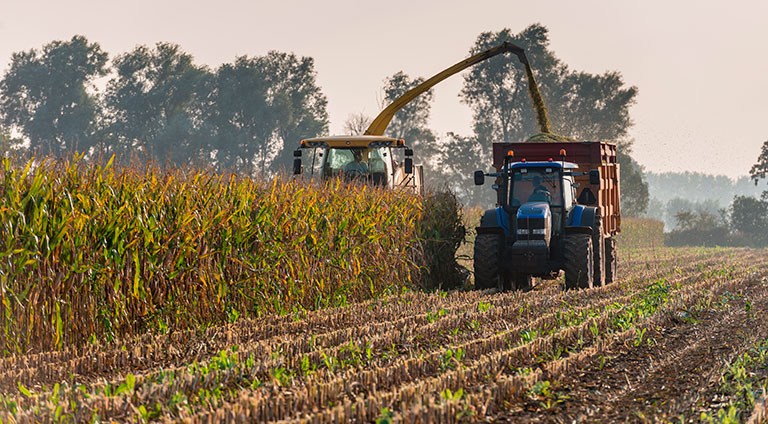Under the Common Agricultural Policy, the EU will direct almost one third of its budget between 2014 and 2020, amounting to €270bn, to supporting farmers incomes’ and ensuring a fair standard of living for farmers.
The auditors found that the European Commission’s system for assessing the impact of these measures is poorly designed and significantly limited, leaving it of “no use” in determining whether the billions spent under the CAP achieve the policy’s objectives.
“These key indicators, on which the commission has to base its assessments, are not sufficiently reliable and are not linked clearly enough to CAP measures,” said Rasa Budbergytė, the ECA member responsible for the report.
“As they stand, they are of no use in showing whether the subsidies have achieved their desired effect and reduced the income gap between farmers and others.”
Under 2013 rules, an updated framework for monitoring and evaluation of the CAP requires the commission to assess its combined impact in relation to its stated objectives.
The auditors noted that this requires “not only clearly defined objectives, targets and indicators, but also sufficient and good-quality statistical information on the economic situation of agriculture on farmers’ incomes” – which were, they found, mostly lacking.
They visited six member states which, between them, account for more than half of the gross value added of European agriculture and whose farmers receive more than half the EU budget for agriculture, primarily in the form of direct payments.
These countries are Germany, Spain, France, the Netherlands, Poland and Romania.
The auditors found there is no representative data available on the disposable income of farm households and no reliable system for comparing agricultural incomes with those in other sectors in order to justify support for farmers.
Even when data is available and used, the auditors said neither the commission nor member states ensure that it is of an “appropriate quality”.
“Vague objectives” for some CAP measures and the absence of a baseline add to the difficulty in assessing whether they will meet their objectives, the ECA added.
They made a number of recommendations to help the European Commission improve its measurement of the CAP, including developing a more comprehensive framework for recording and comparing farmers’ incomes, more relevant indicators and better quality data.
A commission spokeswoman said the commission agrees with the ECA’s finding that fully detailed statistical information on income generated outside agricultural activity is not available at EU level. She said this is because member states’ assessments found that the “related costs and administrative burden would outweigh the information needs”.
When it comes to the performance of EU agriculture, including CAP measures in support of farmers’ incomes, however, the commission “is of the opinion that it has adequate and representative data” on farmers’ agricultural incomes”.
“We aim to collect as much data as we need but as little as possible. Collecting more data would mean more cost than benefit. Farmers certainly don’t need more farms to fill in,” the spokeswoman said.














